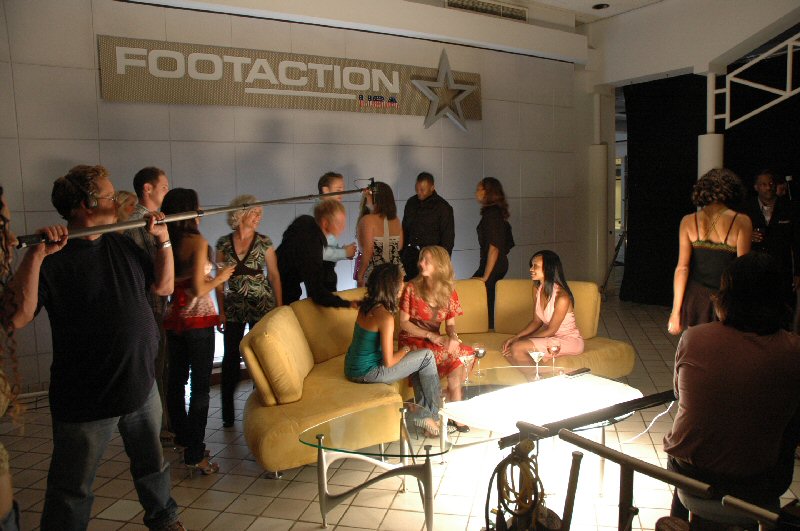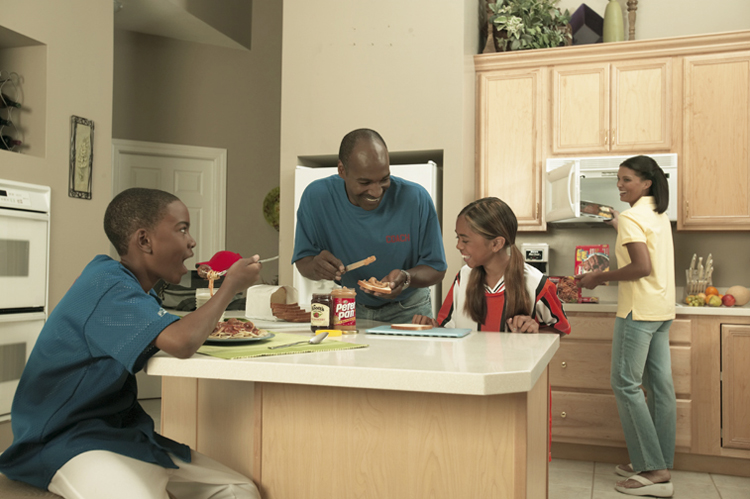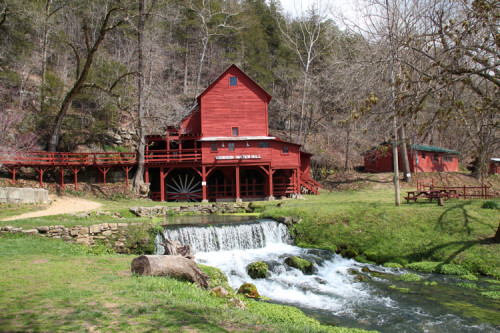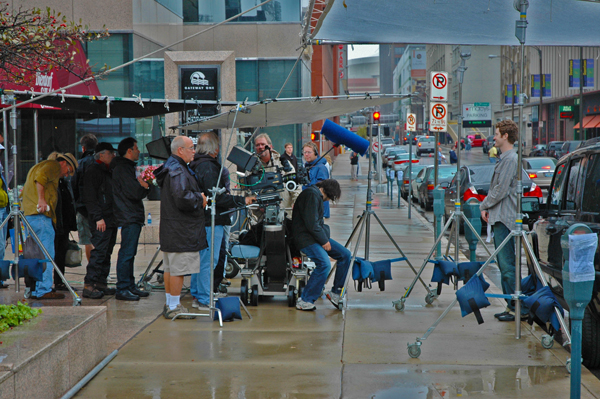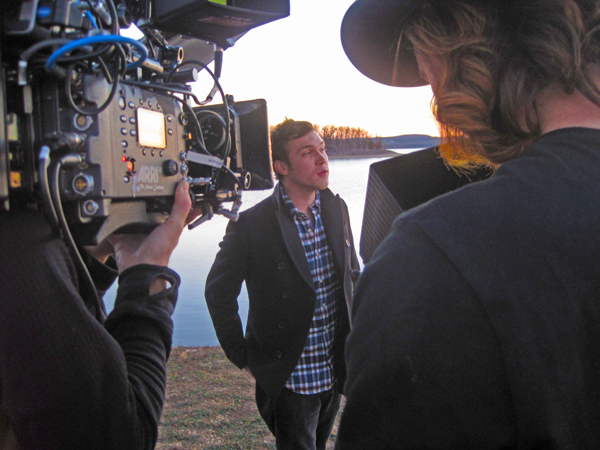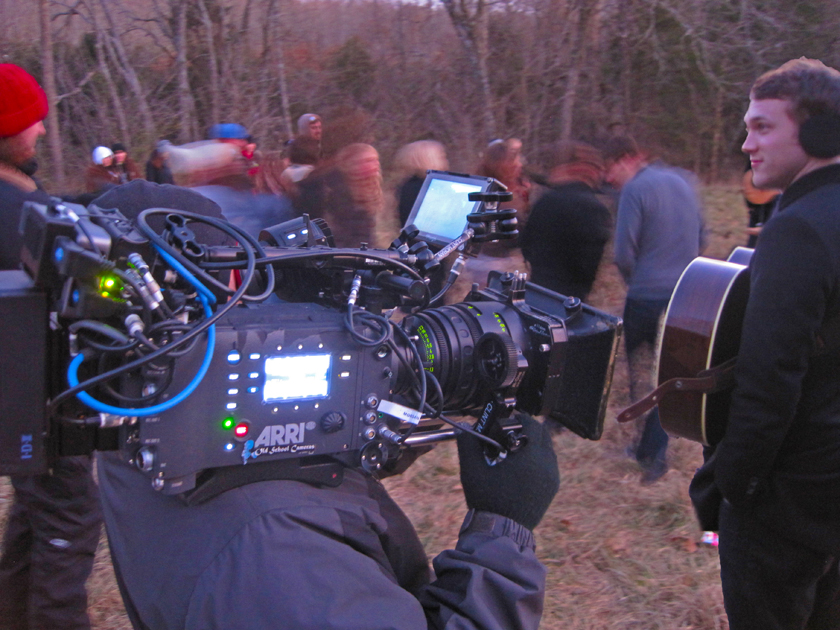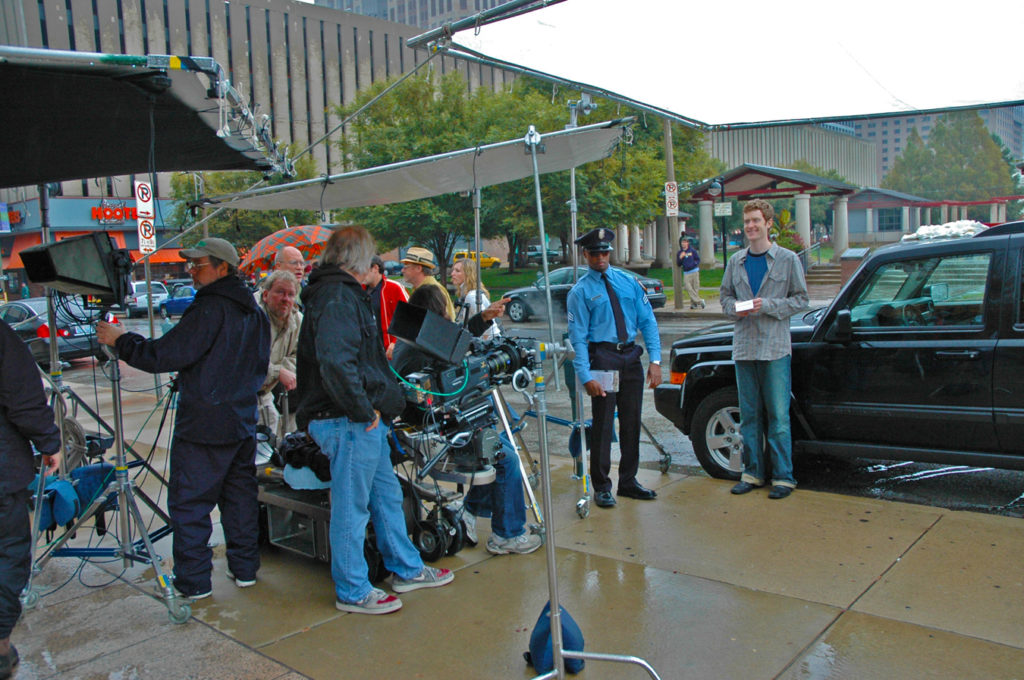When it comes to photography and video production, the importance of location cannot be overstated. The right setting can make or break your project, setting the stage for your brand’s story and enhancing its visual appeal. As a location scout for St. Louis Locations, I understand the crucial role that location scouting plays in the world of visual storytelling. In this comprehensive guide, we’ll explore the art and science of location scouting and how it can help you find the ideal setting for your brand’s story.
The Art of Location Scouting
Location scouting is an art as much as it is a science. It requires a trained eye, creative vision, and an in-depth understanding of the storytelling process. Let’s dive into the key aspects of location scouting:
1. Understanding the Story
Before embarking on a location scout, it’s essential to have a deep understanding of the story you want to tell. What is the mood, message, and visual style of your project? This knowledge will guide your search for the perfect setting.
2. Research and Preparation
Effective location scouting begins with thorough research. Investigate potential locations based on your project’s requirements. This might include checking permits, regulations, and other legal considerations.
3. Visual Composition
Composition is a critical factor in location scouting. A visually appealing location should complement your project’s aesthetic. Consider elements like framing, lighting, and how the location interacts with your subject.
4. Seasonal Considerations
Different seasons can drastically alter a location’s appearance. Understanding how a location changes throughout the year is crucial. For instance, the lush greenery of summer may contrast starkly with the snowy landscapes of winter.
5. Access and Logistics
Is the location easily accessible? Can you transport equipment and crew without issues? Consider logistical concerns such as parking, proximity to amenities, and potential disruptions from nearby construction or events.
6. Safety and Permits
Ensuring the safety of your crew and complying with local regulations is paramount. Obtain the necessary permits and assess potential risks associated with the location.
7. Budget Constraints
While searching for the perfect location, keep your budget in mind. Some settings may require additional expenses, such as location fees or travel costs. Balancing the ideal location with budget constraints is a skillful task.
8. Location Scouting Tools
Modern technology has revolutionized location scouting. Various tools and software, such as GIS (Geographic Information Systems), can assist scouts in mapping and assessing locations effectively. Drone photography and 360-degree virtual tours are also invaluable resources.
The Science of Location Scouting
While the art of location scouting focuses on aesthetics and creativity, the science of scouting involves data-driven decision-making. Here are some key aspects of the scientific side of location scouting:
1. Geographical Considerations
Understanding the geography of the location is crucial. Factors like proximity to urban areas, natural landscapes, bodies of water, and elevation can significantly influence your choice.
2. Demographics
Who is your target audience, and where are they located? Knowing your audience can help you select locations that resonate with them.
3. Climate and Weather
Weather conditions can greatly impact your shoot. It’s essential to consider the local climate and its potential effects on your production.
4. Historical and Cultural Significance
Sometimes, the historical or cultural significance of a location can enhance the narrative of your project. Be sure to explore this aspect during scouting.
5. Environmental Impact
Consider the environmental impact of your shoot. Are there protected habitats or areas that should be preserved? Ensure that your production doesn’t harm the location’s ecosystem.
6. Property Rights
Respect property rights and ownership. Make sure you have the necessary permissions to film on private property, and adhere to any restrictions set by property owners.
7. Technical Considerations
Think about the technical requirements of your shoot. Does the location offer the necessary facilities and infrastructure, such as electricity and internet connectivity, to support your production?
The Role of a Location Scout
A location scout acts as the bridge between your creative vision and the practical requirements of your project. Here’s how a location scout can benefit your photography or video production:
1. Time and Resource Efficiency
A skilled location scout can save you time and resources by finding the right location quickly and efficiently. They have the expertise to filter out unsuitable options and present you with top choices.
2. Problem Solving
If challenges arise during scouting, such as legal issues or logistical complications, a location scout can navigate these obstacles effectively, ensuring your project stays on track.
3. Creativity and Vision
Location scouts possess a creative eye and can help you visualize how a location can fit into your project’s narrative. They can suggest unique settings that you might not have considered.
4. Risk Management
Location scouts have experience in assessing and mitigating risks associated with a particular location. They can identify potential issues and recommend solutions to keep your production safe and on schedule.
5. Cost Savings
An experienced location scout can negotiate deals and secure permits, potentially saving you money and reducing budget overruns.
St. Louis Locations: Your Trusted Partner in Location Scouting
St. Louis Locations is a full-service video and photography production company based in St. Louis. With a deep understanding of the art and science of location scouting, we can accommodate all your location scouting requirements. Our team of experts is well-versed in every aspect of location scouting and management for your production.
Here’s how St. Louis Locations can help you:
Expertise: We have a team of seasoned location scouts with years of experience. We understand the nuances of storytelling and can find locations that perfectly align with your vision.
Local Knowledge: As a St. Louis-based company, we have an in-depth understanding of the local area and its diverse landscapes. We know where to find the hidden gems that will make your project stand out.
Regulatory Compliance: We are well-versed in the legal and regulatory aspects of location scouting. We ensure all necessary permits and permissions are obtained, so your production proceeds without hiccups.
Cost Efficiency: Our team has a knack for finding cost-effective locations without compromising quality. We’ll make the most of your budget.
Safety: Your safety and the safety of your crew are paramount. We conduct thorough risk assessments and ensure that your production is conducted in a secure environment.
Creative Vision: We’re not just about logistics; we also bring a creative touch to location scouting. We understand how a location can enhance your story and make it visually compelling.
As a creative location scout, St. Louis Locations has worked with many businesses of all types and sizes in the St. Louis area. We are experts at finding just the right location for your shooting projects.
If you’re in need of a professional location scout, look no further than St. Louis Locations. Contact us today, and let’s embark on a journey to find the ideal setting for your brand’s story. Your project’s success starts with the perfect location, and we’re here to make it happen.
Remember, your location is not just a backdrop; it’s an integral part of your brand’s narrative. With St. Louis Locations, you can ensure that your story is set in the most captivating and fitting environment, making your photography and video projects truly exceptional.
Mike Haller
4501 Mattis Road
St. Louis, MO 63128
stlouislocations@gmail.com
Studio 314-892-1233
Cell 314-913-5626

